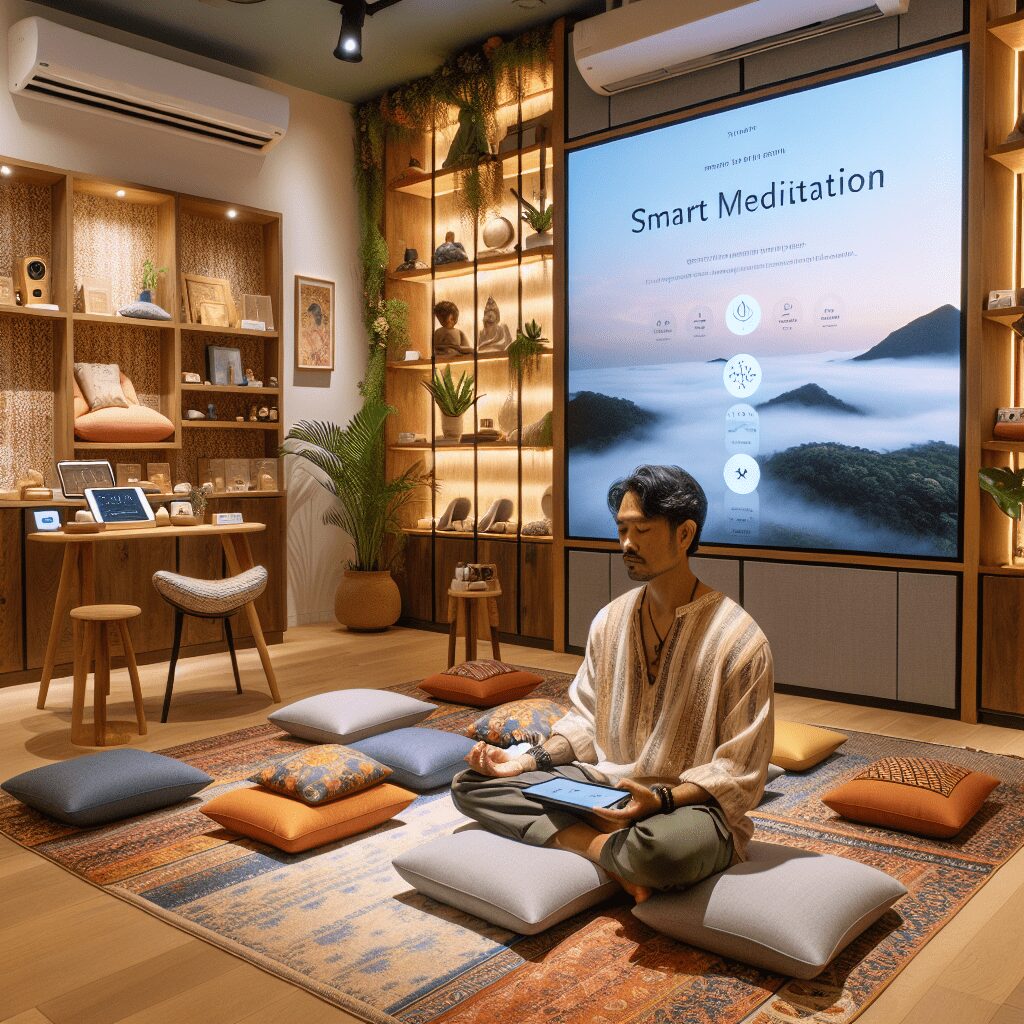
Prioritize your mental well-being daily. Enhance your life by nurturing your mental health with the Smart Meditation app. Break free from stress, alleviate anxiety, and enhance your sleep quality starting today.
What Is The Main Difference Between Anxiety And Depression?
Unraveling the Mysteries: Anxiety vs. Depression
In the twisty maze of mental health, it’s easy to stumble upon the terms anxiety and depression, often used interchangeably by folks not in the know. But hold your horses! While they might be two peas in a pod concerning their impact on one’s day-to-day well-being, they are, in fact, distinct conditions with their unique battle plans for throwing life off course. So, what sets them apart? Let’s dive in, shall we?
The Core of the Matter: Distinguishing Features
1. Anxiety: The Alarm Bells of the Mind
Imagine you’re walking down a dark alley, and every shadow feels like it’s out to get you. That’s anxiety in a nutshell—a relentless, often excessive worry about future events, causing butterflies in your stomach to feel more like a herd of elephants. It’s the brain’s way of saying, “Danger, Will Robinson!” even when there’s no alien robot in sight.
- Symptoms Galore: Folks grappling with anxiety might be victims of restlessness, a rapid heartbeat, sweaty palms, and an incessant sense of dread. It’s like their mind is on a never-ending treadmill of worry, even when there’s no visible treadmill or any need to run.
- Trigger Happy: Anxiety is often triggered by specific situations or the anticipation of them. Think public speaking, meeting new people, or even facing a phobia—like that one aunt’s aggressive chihuahua.
2. Depression: The Darkness Within
On the flip side, depression is like watching life through a grey filter where nothing tastes, sounds, or feels joyful anymore. It’s a deep sense of sadness or loss of interest in once-loved activities, making climbing out of bed feel like scaling Mount Everest without an oxygen mask.
- A Symphony of Symptoms: Those battling depression might encounter a loss of energy, changes in appetite, sleep disturbances, or feelings of worthlessness. It’s as though their internal spark has gone on an extended vacation, leaving a void that’s hard to fill.
- No Clear Triggers: Unlike its cousin anxiety, depression doesn’t need an invitation to darken your doorstep. It can sneak up without clear triggers, making it an unwelcome guest in the minds of many.
Navigating Through the Turbulent Waters
Identifying whether it’s anxiety, depression, or a combo meal deal (yep, you can have both at the same time!) is crucial for charting a course towards better mental health. Here’s the kicker: despite their differences, both conditions are masters of disguise, often overlapping in symptoms and treatments.
- Seeking Professional Guidance: Consulting with a mental health professional is akin to turning on the GPS when you’re lost. It can provide clarity, confirm a diagnosis, and tailor a treatment plan that fits like a glove.
- Treatment Tactics: From cognitive-behavioral therapy (CBT) that reshapes thinking patterns to medications that tweak the brain’s chemical balance, there are multiple routes to reclaim your mental well-being. It’s all about finding the right key to unlock your personal well-being treasure chest.
So, whether it’s the constant worry of anxiety turning your stomach into knots or the overwhelming gloom of depression dimming your inner light, understanding these differences is step one on the path to recovery. Remember, embarking on a journey towards better mental health is a sign of strength, not weakness. Who knows? Along the way, you might just find the version of yourself you’ve been searching for.





